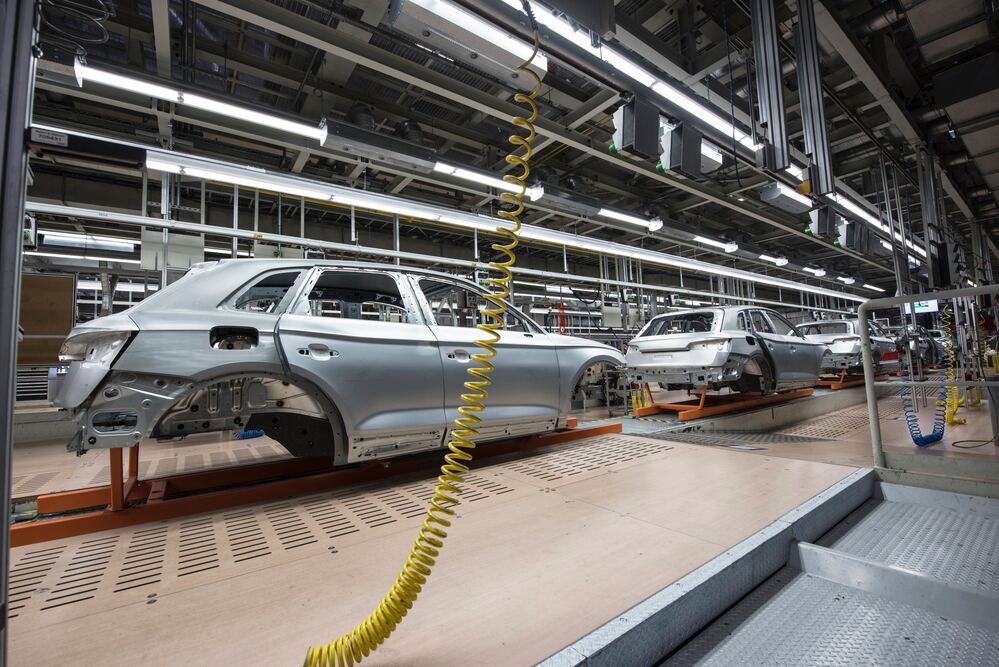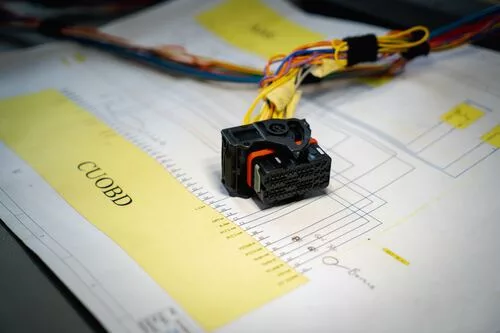In recent decades, Mexico’s automotive industry has experienced a remarkable transformation, evolving from a fledgling sector to a powerhouse of innovation and production on the global stage. The story of the automotive industry Mexico is a testament to the country’s determination, strategic planning, and the relentless pursuit of progress. From the establishment of key partnerships to the development of cutting-edge technologies, Mexico’s journey in the auto industry has been marked by accelerated growth and the realization of dreams.
Foundation and Growth
The seeds of Mexico’s automotive prowess were sown in the early 1960s when international automakers recognized the country’s potential as a strategic location for manufacturing. Close proximity to the United States, a skilled labor force, and competitive production costs were among the factors that attracted companies seeking to establish offshore manufacturing bases. Initially, these operations focused on assembling vehicles using imported components.
However, Mexico’s aspirations went beyond mere assembly. The government recognized the need to develop a comprehensive automotive ecosystem that encompassed research, design, engineering, and manufacturing. Over the years, it strategically worked to attract investment and foster partnerships to build a holistic industry that could stand on its own.
Strategic Partnerships
One of the most pivotal moments in Mexico’s automotive journey was the establishment of strategic partnerships with global automakers. These partnerships brought advanced technologies, best practices, and expertise to the Mexican industry, enabling it to leapfrog many of the initial challenges. Collaborations between Mexican manufacturers and renowned international companies not only accelerated technological advancements but also provided valuable training and knowledge transfer to the local workforce.
Additionally, these partnerships opened doors to global markets, turning Mexico into a major player in the export of vehicles and automotive components. The North American Free Trade Agreement (NAFTA), later replaced by the United States-Mexico-Canada Agreement (USMCA), further bolstered Mexico’s automotive exports by providing favorable trade conditions.
Investment in Innovation
Innovation became a driving force in Mexico’s auto industry journey. Recognizing the industry’s potential, the Mexican government invested in research and development, fostering innovation hubs and collaborating with universities and research institutions. This investment led to the emergence of a skilled talent pool, capable of developing and implementing groundbreaking technologies.
Hybrid and electric vehicle technologies, advanced manufacturing processes, and smart connectivity solutions became focal points for innovation. Mexican engineers and researchers worked alongside global counterparts to develop eco-friendly vehicles and cutting-edge manufacturing techniques, positioning Mexico as a key contributor to the global automotive innovation landscape.
Supply Chain Integration
Mexico’s automotive success story wouldn’t be complete without the integration of a robust supply chain. Over time, the country evolved from being a mere assembly hub to becoming an integral part of the global supply chain. Numerous tier-one and tier-two suppliers established operations in Mexico, creating a network of interdependent components and services.
This integration brought benefits to both domestic and international manufacturers. For international automakers, Mexico offered a streamlined supply chain, reducing costs and enhancing efficiency. For Mexican suppliers, it meant access to global markets and the opportunity to showcase their capabilities on a larger scale.
Challenges and Resilience
No journey is without its challenges, and the Mexican auto industry faced its share of obstacles. Fluctuating global economic conditions, changes in trade policies, and the need to adapt to shifting consumer preferences posed significant challenges. However, the industry’s resilience shone through. Manufacturers diversified their product offerings, invested in flexible manufacturing processes, and continuously upgraded their technological capabilities.
Furthermore, the COVID-19 pandemic brought unprecedented disruptions to the global supply chain. Despite the initial setbacks, the Mexican auto industry demonstrated remarkable adaptability. Manufacturers quickly implemented safety measures, redesigned production processes, and utilized digital technologies to ensure business continuity.
Looking Ahead
As Mexico’s auto industry continues to evolve, the focus remains on sustainable growth, innovation, and competitiveness. The industry’s journey from assembling vehicles to becoming an innovation hub and a global manufacturing center is a source of pride for the country. The government’s commitment to fostering a business-friendly environment, coupled with ongoing investments in infrastructure and education, ensures that Mexico’s automotive dreams will continue to accelerate.
In conclusion, the Mexican auto industry’s journey is a testament to the power of vision, collaboration, and resilience. From humble beginnings, it has grown into a dynamic force driving innovation and economic growth. As Mexico looks to the future, it is poised to remain a significant player in the global auto industry, accelerating dreams and propelling the nation towards even greater achievements.




